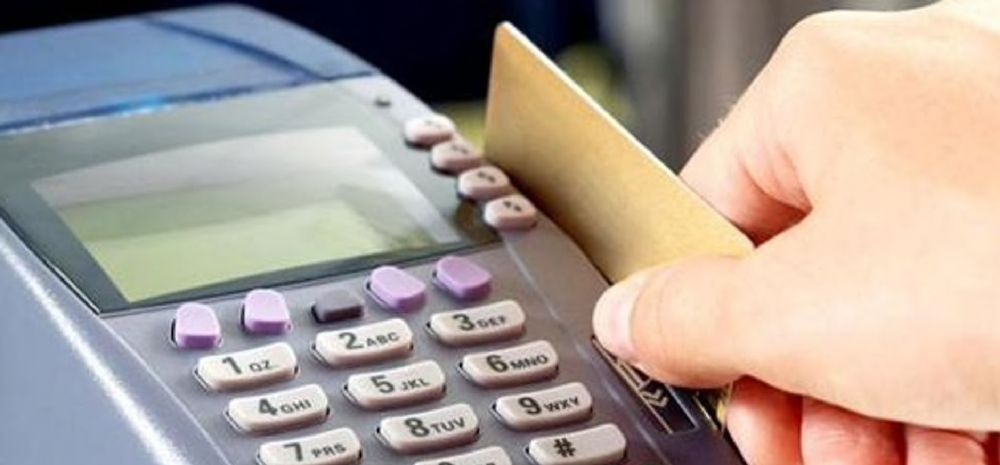No Charge On Debit Card Transactions Up To Rs 2000; 2 Reasons Why This Was Needed!
This is an important decision which will encourage more people to do cashless transactions.

Govt. of India’s big push for a cashless economy has started with a bang in 2018!
In a decision which can be treated as a new year gift for digital evangelists, Govt. has announced the rollout of zero-fee charge for all debit card transactions and UPI transactions till Rs 2000.
We will share two crucial reasons, why this was important at this point in time.
But before that, let us understand what this decision means for the digital ecosystem.
Contents
No Charge for Debit Card Transactions Up To Rs 2000
Starting January 2nd, there will be no extra charge for debit card transactions, till Rs 2000. Besides debit cards, UPI transactions and BHIM payments are also covered under this special arrangement.
Rajiv Kumar, who is the Finance Secretary tweeted this announcement, in an interesting way:
Happy Digital 2018. Dec Qtr BHIM txn rise 86% to 145.6 M with value of 13174 Cr. Further impetus to Digital Payments, Govt 2 reimburse charges for txns upto Rs 2000 on debit cards/ BHIM. Zero charges on merchants. Go Digital, Embrace Transparency @PMOIndia @FinminIndia @PIB_India pic.twitter.com/5ai3G0IoTD
— Rajeev kumar (@rajeevkumr) January 1, 2018
We had already reported this development last month, when the Cabinet approved the decision to absorb all forms of MDR (Merchant Discount Rate) for debit card transactions till Rs 2000.
As per various estimates, Govt.’s revenue will take a hit of Rs 1050 crore in the 2018-19 fiscal, which is all set to increase to Rs 1462 crore in 2019-20.
However, due to this removal of charges, more and more people are now expected to use debit cards and UPI forms for making digital payments, and cashless will become even more attractive.
2 Reasons Why This Is An Important Decision
Great decisions are all about timing, because the right decision taken at the right time makes it even more worthwhile.
Reason #1
As per a recent IDC report, titled “The Future of Payments in India: More Spectacular Growth Ahead”, it has been revealed that digital payments in India will become same as that of physical payments by 2022.
The report mentions the tremendous growth rate witnessed by digital payment ecosystem in India, which clocked 62% increase in transactions, compared to last year.
Now, with zero fees for sub-Rs 2000 charge, this prediction can become a reality way sooner than we expected.
Reason #2
As per International studies, the expansion and pace of adoption of digital payments in India is even better than China or UK.
An innovative scale called Faster Payments Innovation Index (FPII) has been developed by researcher from FIS, an American tech solutions provider, and based on that, India has achieved scale of 5 in the ranking, which is the best, and no other country has received this much high scores.
However, the volume of digital transactions in India is still low: Compared to $5.5 trillion worth of digital transactions in China in 2016, India only did $24 billion worth of digital transactions last year (approximately), which can become $500 billion by 2020.
Now, as there are no fees for debit card and UPI transactions, we can witness a mass adoption of cashless mode, which will trigger even more volume of cashless transactions.
We will keep you updated as receive more news related to digital transactions in India.

Being an optimistic Indian i hope for the best but some black market merchants don’t want let this happen to not to come under tax radar. This would be a hurdle for digital payment growth. Its better to make mandatory for every retail outlet(to get licence) to adopt any one digital payment mode(like UPI and Bharath QR) national wide. Hope for the best.